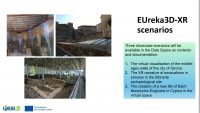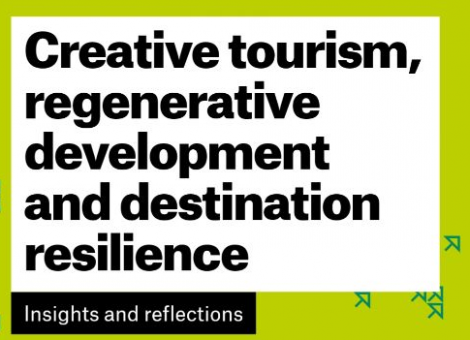-
Join the
Digital Meets Culture
Newsletter! -
Join the
Digital Meets Culture
Open Newsroom! If you have interesting news and events to point out in the field of digital cultural heritage, we are waiting for your contribution.
If you have interesting news and events to point out in the field of digital cultural heritage, we are waiting for your contribution.
-
Free text
-
-
Upcoming events
-
 SYMPOSIUM ON HYDRAULIC HERITAGE, Nice and Saint-Martin-Vésubie, 28-29-30 April 2025
SYMPOSIUM ON HYDRAULIC HERITAGE, Nice and Saint-Martin-Vésubie, 28-29-30 April 2025The Symposium on Hydraulic Heritage will take place in Nice and in Saint Martin Vésubie from 28 to 30 April, 2025. The three days of debates and field work represent an international meeting between academics and practitioners from countries around … Continue reading →
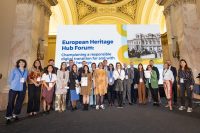 By Harry Verwayen, General Director of the Europeana Foundation, and Sneška Quaedvlieg-Mihailović, Secretary General of Europa Nostra and Project Leader of the European Heritage Hub
By Harry Verwayen, General Director of the Europeana Foundation, and Sneška Quaedvlieg-Mihailović, Secretary General of Europa Nostra and Project Leader of the European Heritage HubAs Europe navigates a complex landscape marked by a dramatic climate crisis and escalating socio-political tensions, including wars at our doorsteps, as well as by the rise of artificial intelligence, the role of cultural heritage – digital, tangible and intangible- … Continue reading →
Tag: performing arts
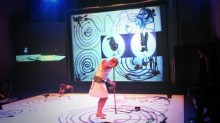
The impact of the distributed performance, as new forms of Cultural Heritage expression, is studied in the framework of the RICHES project. “ULTRAORBISM” opens new doors for experimental and creative formats using advanced visual environments in the field of telematics and distributed events. The potential utilities of the results are very rich from a technical point of view and also from an artistic perspective, and the excellent results of this experience present a very optimistic future in the development of co-creation environments in Europe and the use of ICT in the fields of culture and the arts. Continue reading
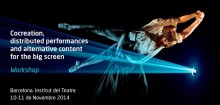
This workshop, co-organised by the Foundation i2CAT, the Government of Catalonia and the Theatre Institute of Barcelona,examined the gradual adoption of technological environments in the performing arts and how the expanding of bandwidth have given rise to new forms of creative expression, space for experimentation and new business models for performing arts, reaching other spaces such as movie screens and cultural institutions with the distribution of high-definition content. Sarah Whatley, dance professor and director of the Centre for Dance Research (C-Dare) at Coventry University intervened as speaker in representation of the European project RICHES. Continue reading
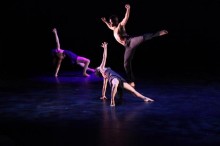
This study, held in the framework of the RICHES Project, wants to explore the transformation of Dance and Performance practice as a result of digital technologies within the European context. If you are a dance and performance practitioner, performer, educator, or researcher and are willing to reflect on how digital technologies have impacted on your experience of performance practice, please share with us your views by completing our survey. Continue reading
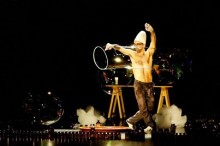
From 15 to 17 May 2014, in Belgium, at the Troubleyn Theater and the Royal Conservatoire of Antwerp, it was held the colloquium Thinking bodies – Moving minds. The event focused on the topic of performing arts, which in the last years witnessed a proliferation of research; this colloquium aimed to make a current state of this new field of research and to critically reflect the position of artistic research in respect to the artistic practice and the academic field. Continue reading

Old photos are often the only witness to the theatrical life of our great grandparents that we have. They are usually identified, but sometimes we do not know anything. We look into faces of strangers in theatrical costumes, see their fascination by Thalia, we realize the transience of theatre, of nationalities that for example used to live in the territory of contemporary Slovakia, we are confronted with our own mortality. Continue reading




























